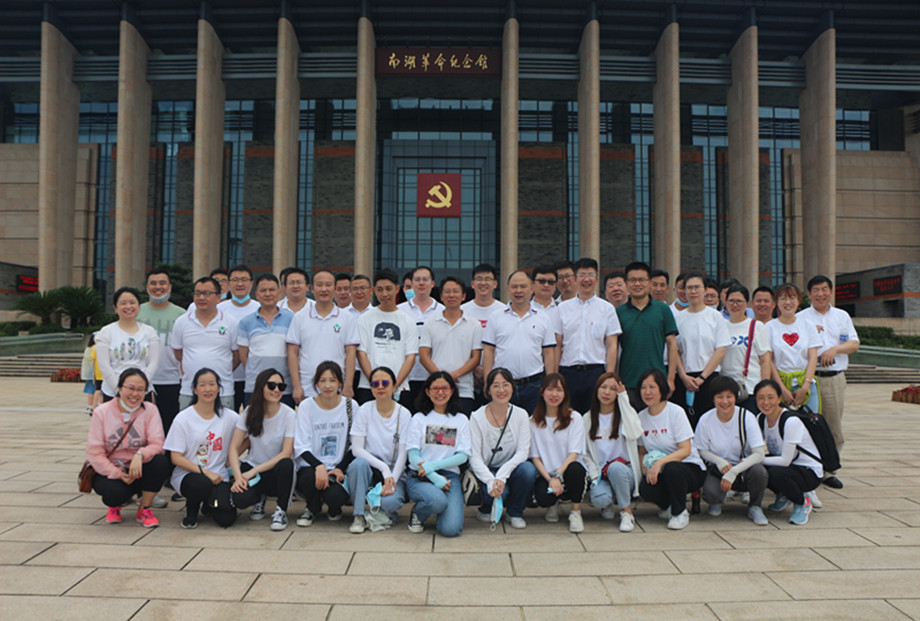"Those who don't plan for the whole world can't make a short-term plan; those who don't plan the overall situation can't plan a domain. The good defenders hide under the nine places, and the good offenders move above the nine heavens, so they can protect themselves and win." This sentence The words are from Chen Danran's "Wu Yan Er-Proposal to Move the Capital and Propose the Vassal".
"Those who do not seek the overall situation are not enough to seek one domain." What we are talking about is the relationship between "overall" and "one domain". In fact, it is the relationship between the overall situation and the small situation. "One domain" must obey the "overall situation", and the "small situation" must obey the overall situation.
If you can only see the part in front of you, only see the interests of a unit or a region, blind your eyes, not see Taishan, "one domain" blinds your eyes, and you do not see the overall situation, this will not only affect the overall situation, even the small ones will inevitably be bad.
On the contrary, only by looking at the problem from a strategic, macroscopic, and overall perspective, can we have the momentum and mind of "climbing the mountains and small the world", and can also open up our horizons, expand our minds, and seek and grasp from a larger and broader scope of time and space. With big opportunities, only those who seek the overall situation can take advantage of the situation and win development.
Human nature development trajectory 01
When he was a child, he paid great attention to details. Some small things that adults could not observe were easily captured in his eyes. They would have to compare small flaws on an object.
But children often do half of what they do, and they are easily disturbed by other things, so they can stop what they are doing and pay attention to what is attracted. The reason is that a large part of it is because they only pay attention to the present when they do things, and do not look at the reasons for doing it as a whole. The so-called only see the trees, but not the forest.
As the child grows up, some attention to small links is gradually reduced, replaced by the adult’s ability to look at, analyze, and solve problems in a comprehensive manner. It also completed an important thinking change in life: the process from trees to forests.

02 Why do companies need to manage digital human resources?
A recent event that we participated in was similar to our small theme today: Seeing Trees and Seeing Forests.
Let me talk about strategic talents: talents who play a vital role in the implementation of corporate strategy.
In the post-epidemic period, with the disappearance of traffic dividends and demographic dividends, and the beginning of the era of management dividends, the competition for corporate development will be a "talent battle", and the core of the talent battle is the battle for strategic talents.
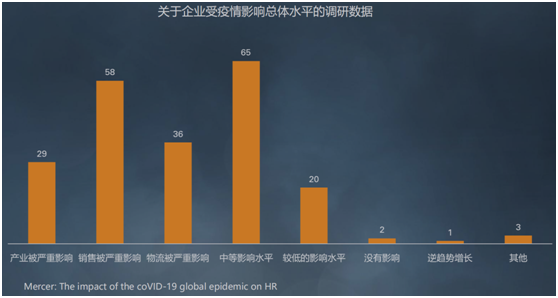
Changes in the macro environment after the epidemic
How to identify strategic talents?
Understand the company's strategy: participate in the formulation.
Decoding the company's strategy: forming the process of tactics, campaigns, and battles through co-creation and collective discussions.
Define strategic positions: positions that play a key role in achieving strategic goals.
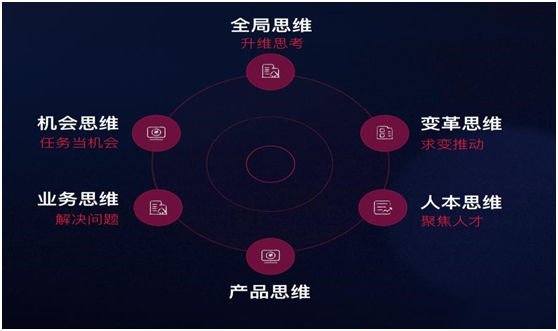
Identifying strategic talents: talent inventory, why do digital talent inventory?
From the external environment, with the impact of the VUCA era and changes in the economic situation, more and more Chinese companies bid farewell to leap-forward development and began to adjust, optimize, and innovate their original business models. As a result, companies are bound to face " Talent dilemmas such as the lack of new talents and the difficulty of talent transformation. At the same time, the platform-based, ecological layout and cross-border business of various industries are also forcing companies to pay more attention to talents, and they need to understand the full picture of talents and build efficient teams. In addition, with the accumulation of localized human resource management theory and practice in China, the gradual promotion of talent management concepts has also promoted the maturity of the market and provided the soil for the development of talent management related projects.
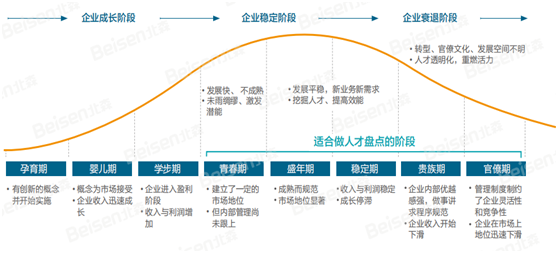
Quote from: Beisen Talent Inventory
From the perspective of the internal development of an enterprise, factors such as different development stages, changes in strategies and processes, changes in business forms, and openness of cultural atmosphere all affect the initiation of talent inventory. In addition, in some companies, changes in core management, such as the addition of new helms (CEOs, second-generation successors, new HR executives, etc.) will also promote the initiation of talent inventory.
Strategic Talent Management: Three Forces Model 03
Differentiated management of strategic talents:
1. Effort: Culture leads to cohesion, and enhances Effort through culture and value management.
2. Ability: Activating talents and improving ability training talents are to train quasi-entrepreneurs, that is, operators rather than professional managers.
3. Motivation: Mechanism innovation stimulates vitality, and talents must have systems and mechanisms to ensure that talents play a role, and can continue to be stimulated (short-term, medium-term, and long-term).
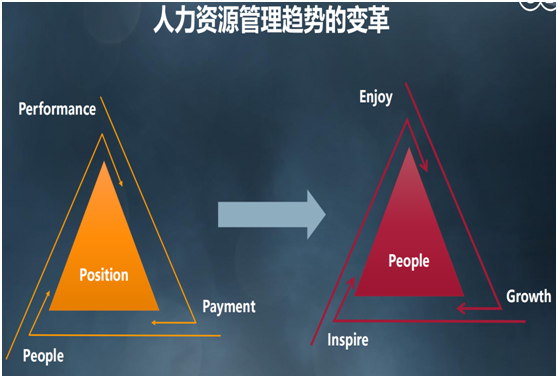
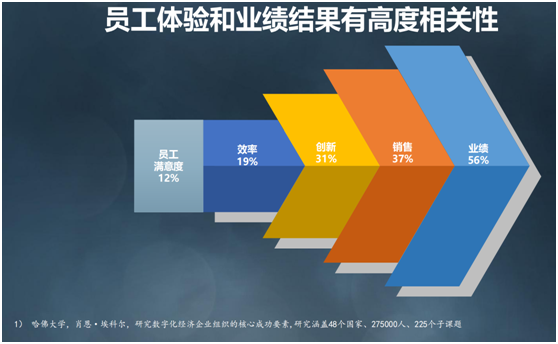
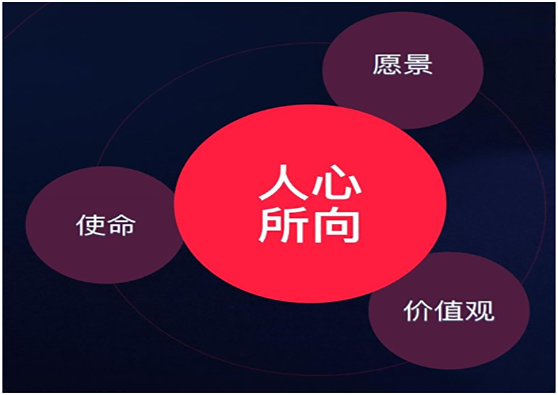
The key element of cohesiveness: the heart is together
Why does the employee experience need to be valued?
Discovery 1: Customer value is reflected by frontline employees
Discovery 2: Employee experience is a means to motivate employees
Finding point 3: Employees can fully recognize the employer brand through experience
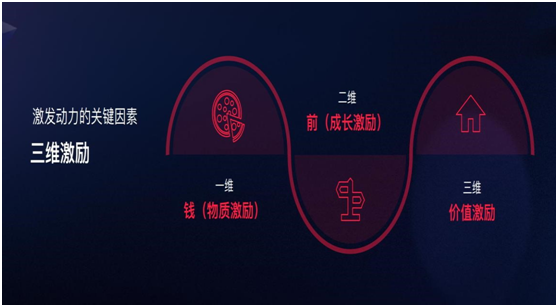
Quoted from: Zhu Chunhong, Strategic Talent Management
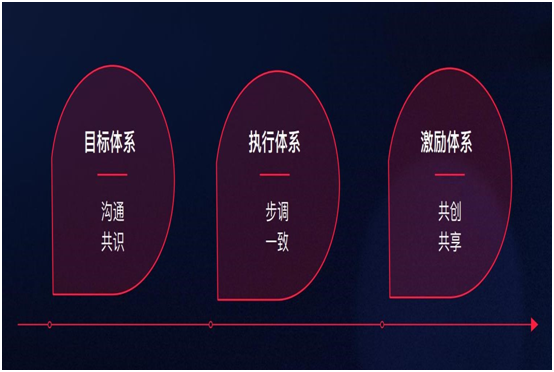
Two key elements of cohesion: strength in one place
One dimension: money (material incentive)
Two-dimensional: front (growth incentive)
Three-dimensional: Value Incentive
Sense of existence--seeking attention to importance--seeking difference, sense of accomplishment--seeking value
The nature of motivation gives the other three feelings: whether it is material motivation or spiritual motivation, its purpose is to make employees feel good about themselves.
How to make employees perceive incentives?
When employees are asked what needs are most important to them, the first answer is often not money, but the value of work to them. What motivates employees most at work is "the nature of the job itself", followed by "the ability to learn, grow, and progress."

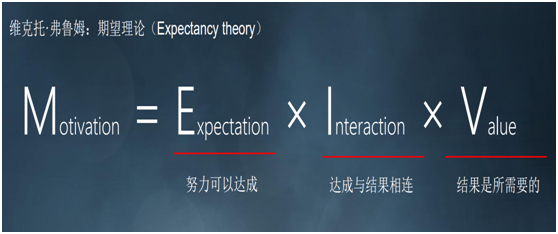
The so-called employee recognition and incentives, today we can start more digital transformation journeys:
1. Employees can thank each other anytime, anywhere, and send incentive cards to each other.
2. The supervisor provides timely behavioral incentives and assessments to his subordinates, and realizes incentives in the big welfare platform.
3. Promote the digital implementation of employer brand and cultural value through employee interaction.
4. Gamification of goal setting and task management.
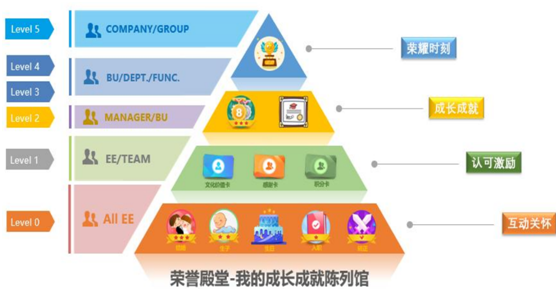
Quoted from: CDP Digital Drives a New Model of Talent Incentive
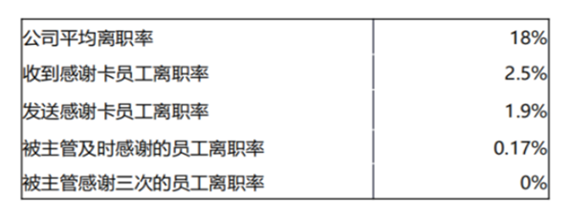

Quote from: CDP Digital Empowers the Future
Employees in the company can see their own rankings, the number of medals, etc. After motivated employees, the average turnover rate is lower than the same period last year, and the platform is fully utilized for incentives and recognition interactions, resulting in reduced turnover and reducing labor costs.
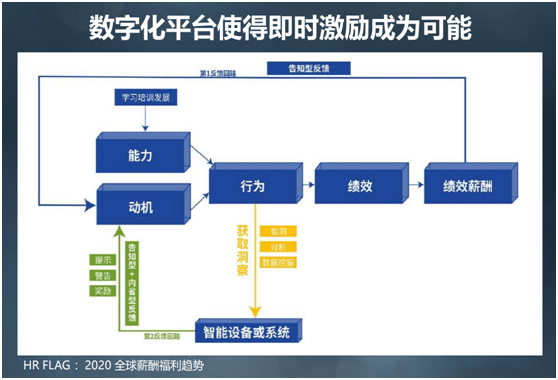
The era of management dividends is coming: the key to digital human resource management is to use systems and empowerment to teach managers to understand management and talents! The three forces that inspire talent management are a kind of energy transfer, and the source of this energy transfer is: Leaders must rely on leaders to leverage their employees' mental strength, ability, and motivation! Therefore, in today's digitalization, managers must be able to see the trees below, and the company can also see the dense forest behind the trees, so as to formulate a successful strategy for the company's future and obtain the greatest benefits!
